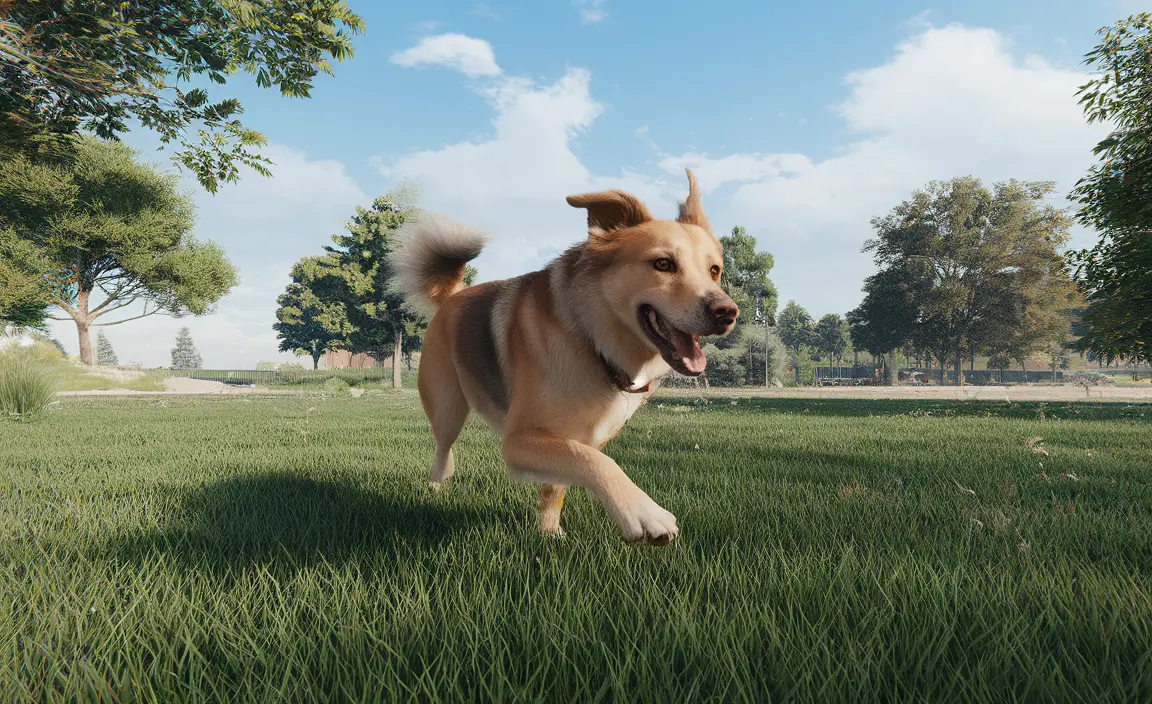In recent years, the perception of mixed-breed dogs has undergone a remarkable transformation. Gone are the days when the term "mutt dog" carried a negative connotation. Today, these unique canines are celebrated for their individuality, health benefits, and rich genetic diversity.
This shift reflects a broader cultural change in how we view and appreciate dogs, moving beyond traditional breed stereotypes towards a more inclusive understanding of canine companionship.
The Evolving Language of Dog Breeds
Historically, the term "mutt dog" was often used dismissively, suggesting a dog of uncertain or mixed ancestry. However, modern dog lovers are embracing more positive and descriptive language. Terms like "mixed breed," "All-American," and "rescue" have gained popularity, celebrating the unique characteristics of these dogs.
Breaking Down Breed Stereotypes
The move away from traditional breed classifications highlights a growing appreciation for individual dog traits. Instead of focusing on purebred lineage, people now recognize that a mutt dog can possess extraordinary qualities that transcend specific breed characteristics.
Health Benefits of Mixed-Breed Dogs
One significant factor driving the positive perception of mutt dogs is their potential health advantages. Mixed-breed dogs often benefit from hybrid vigor, which can result in fewer genetic health issues compared to purebred dogs that may suffer from inherited conditions due to limited gene pools.
Genetic Diversity Matters
Veterinary research suggests that mixed-breed dogs can have more robust immune systems and lower risks of certain breed-specific genetic disorders. This genetic diversity is a compelling argument for those considering adopting a mutt dog as a family companion.
The Social Impact of Changing Perceptions
The cultural shift surrounding mutt dogs extends beyond terminology. Adoption rates for mixed-breed dogs have increased, with more people recognizing the value of rescue dogs and the unique bonds they can form with their human families.
Challenging Purebred Norms
This transformation challenges long-held beliefs about dog breeding. While some traditional breeders may view the trend as a threat, many animal welfare advocates celebrate the growing acceptance of mixed-breed dogs.
Frequently Asked Questions
What are the benefits of adopting a mixed-breed dog compared to a purebred dog?
Mixed-breed dogs often have better genetic diversity, potentially lower health risks, and unique personality traits. They're typically less expensive to adopt and can be just as loving and loyal as purebred dogs.
How has the perception of mixed-breed dogs changed over time?
The perception has shifted from viewing mixed-breed dogs as less desirable to celebrating their individuality, health benefits, and unique characteristics. People now see mutt dogs as valuable companions rather than inferior to purebred dogs.
What are some positive alternatives to the term "mutt" when describing mixed-breed dogs?
Preferred terms include "mixed breed," "All-American dog," "rescue dog," or specific breed combination descriptions like "Lab-Pit mix" or "shepherd blend."
How do I determine the breed mix of my mixed-breed dog?
Genetic testing kits are now widely available, allowing dog owners to discover their pet's breed composition. Veterinarians can also help identify potential breed characteristics through physical examination.
What health advantages do mixed-breed dogs have over purebred dogs?
Mixed-breed dogs often experience hybrid vigor, which can result in fewer genetic health problems, stronger immune systems, and potentially longer lifespans compared to some purebred dogs with limited genetic diversity.
The journey of the mutt dog from misunderstood to celebrated is a testament to our evolving relationship with our canine companions. By embracing diversity and individual uniqueness, we're creating a more inclusive and compassionate dog culture.






